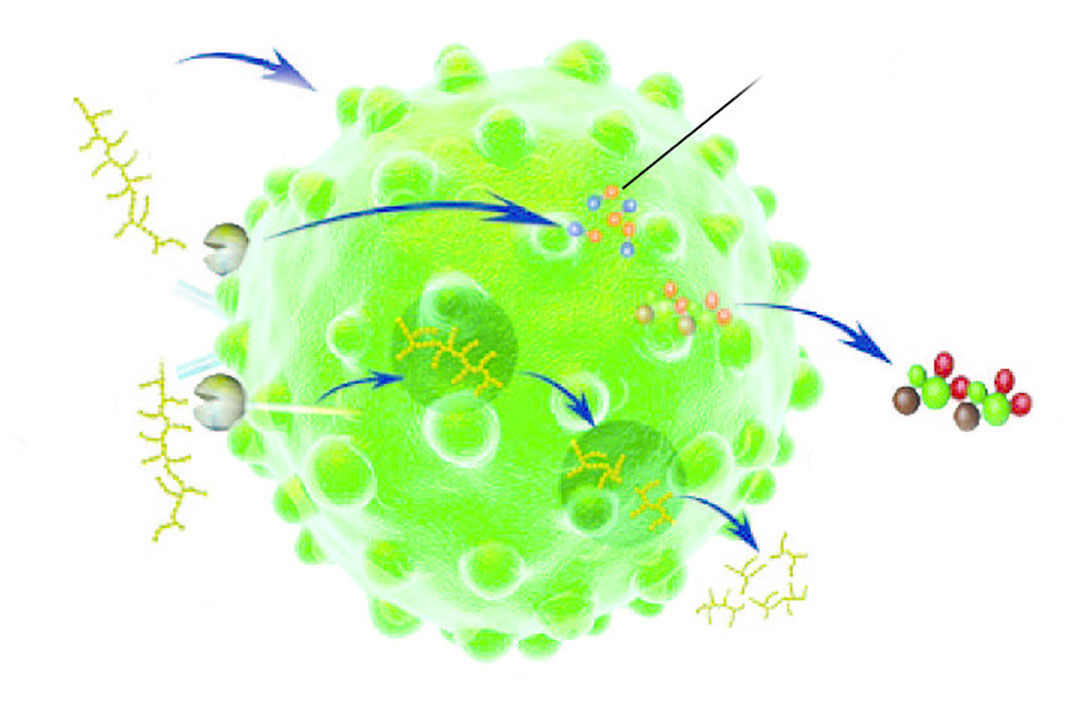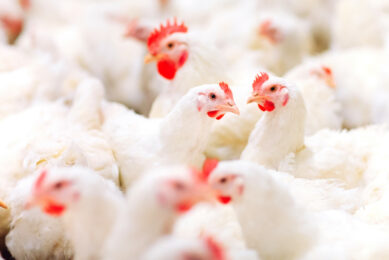Yeast: A tool to reduce antibiotic use

The reduction of antibiotic use must be taken as a complete programme. Isolated measures will not succeed. Nutrition has a key role to play, therefore the function of yeast as part of a programme is highlighted here.
Under an antibiotic reduction programme, the following must be considered:
- vaccination management
- cleaning and disinfection
- fly and rodent control
- water quality
- hygiene of water and feed systems
- feed raw material composition
- biosecurity
- animal stocking density
- bacteria and virus circulation
- farm management
- animal welfare
- healthy gut development
A systematic strategy will avoid disease outbreaks, higher mortality rates, lower feed conversion rates and higher production costs. Among all these points, nutrition is an important link in the chain. The antibiotic ban in feed triggers a demand for alternatives such as feed ingredients, additives and prebiotics.
Saccharomyces cerevisiae is a yeast specie applied in animal nutrition. From the whole dried yeast to selected components of the cell wall and yeast extract, many benefits are assigned to the inclusion of yeast derivative products in animal nutrition. A special component of the yeast wall is the β-glucan, which belongs to a class of substances known as biological response modifiers, because they stimulate the host’s natural defences either directly, activating the complement system, or indirectly inducing the release of antibodies, see Figure 1. A number of studies have proven the importance of MacroGard – Biorigin, a purified β-glucan that boost natural defences.
Figure 1 – Diagram of the mode of action of beta 1,3/1,6 glucans.
Enhancing immune response
In a recent study with broiler breeders older than 50 weeks of age, the birds were supplemented with MacroGard for 15 days before vaccination against Newcastle disease. Blood samples were collected just before and for 19 days post-vaccination and the following parameters were used to evaluate the response: Expression of viral pattern recognition receptors (PRRs), expression of signalling proteins, interferon activation, expression of antiviral effector proteins and expression of pro-inflammatory and anti-inflammatory proteins. The effects of supplementation statistically demonstrated that it enhanced the innate immune response to Newcastle disease vaccination, improved viral recognition, improved expression of cytokines associated with virus elimination and modulated the inflammatory response.
The effect of the purified β-glucan product on enterotoxigenic E. coli infection in nursery piglets was also evaluated. Experimental inoculation with ETEC F4+ was performed three days after two weeks of supplementation. Specific IgM, IgA, and IgG against F4 were measured and ETEC F4 + faecal shedding was determined. The results demonstrated that supplementing weaned piglet diets with the product has a protective effect against ETEC, indicating that the product is a useful tool to be applied in programs to reduce antibiotic use.
Another strategy of MacroGard application is the supplementation of sow diet’s during the gestation period. β-glucan can boost vaccine response, improve colostrum quality, enhance the piglet’s natural defences, reducing heath disorders during the lactation period.
It is important to highlight that S. cerevisiae yeast derivative products such as autolysed yeast, products rich in mannan oligosaccharides (MOS) and dietary nucleotides play an important role in gut functionality and health, through enhanced nutrient digestibility, improved villi development, improved gut barrier function and local defences. Utilising all the options, a complete feed program for the different production phases can be defined adding yeast derivative products to enrich animal nutrition and reduce the use of antibiotics.
Author: Eliana Dantas, Global Technical Manager – Monogastrics, Biorigin







